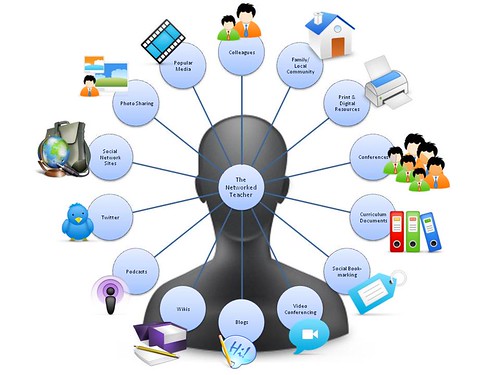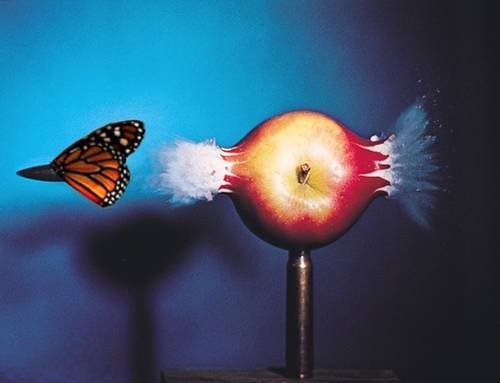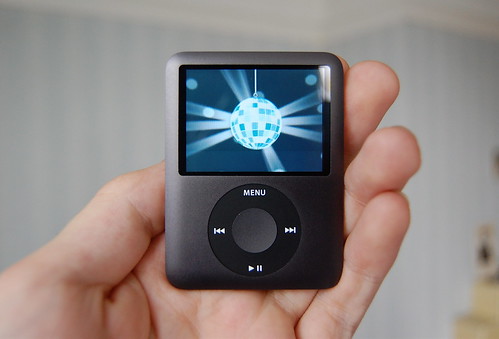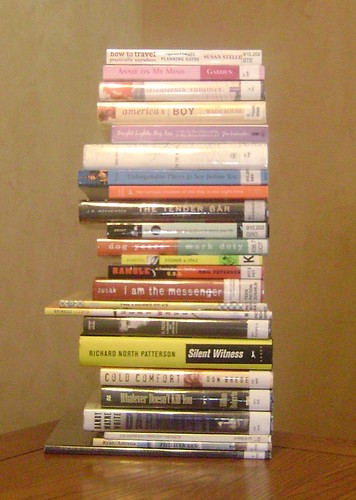
Our pre-assessment was an online survey asking about our teachers' familiarity -- either Never heard of / Have heard of / Have used / or Use regularly -- with a wide range of "things" like social bookmarking, blogs, wikis, RSS, Twitter, photo sharing, screen capture tools, podcasts, avatars, Skype, Google Docs, etc. (as well as some software the school subscribes to -- like StudyWiz, Atomic Learning, United Streaming, etc.).
The results were quite revealing, especially as we had little knowledge of the existing digital literacy of our staff, this being the first year of a start-up school. (Note: the results for our counterparts at the other campus were similarly interesting.)

Our goal was to increase awareness of what's available online to improve teachers' personal/professional productivity and enhance their teaching. We could only tempt people to try new things -- hopefully stretching/scaffolding them to increase their ability to take more responsibility for their own Web n.0 learning. (It would be a bit ambitious to say we were aiming for the ISTE Educational Technology Standards for Teachers.)
I have never liked the digital native vs. digital immigrant distinction, as it privileges the accident of birth -- and I don't think age is the critical factor. Digital tourists vs. digital residents would be more appropriate. However, as a librarian I prefer a comparison with how people become an avid reader.
 The "Magic Bullet" theory of reading says the right book at the right time can turn a non-reader into a lifelong reader. Sometimes all it takes is a strong recommendation or taste of a genre to become smitten.
The "Magic Bullet" theory of reading says the right book at the right time can turn a non-reader into a lifelong reader. Sometimes all it takes is a strong recommendation or taste of a genre to become smitten.
Becoming an avid online learner is similar. For some people it happens quite easily, while others are still waiting for the "Magic Bullet" -- the right tool at the right time -- in order to understand the power of the experience. So, in selecting "things" (or Web 2.0 genres) for our Connecting East initiative and recommending examples to have a look at, Keri-Lee and I were hoping to expose our teachers to potential "Magic Bullets".
A recent article in Innovate identifies the progression of a 21st century online learner as first to link, then to lurk, and then to lunge. In deciding what we could -- and should -- cover in 10 assignments, Keri-Lee and I basically set out a similar path for our participants while offering four levels of differentiation: Novice / Apprentice / Practitioner / ExpertFor example, we began with social bookmarking (i.e., linking), as 44% of our target audience had never heard of sites like Delicious and Diigo. Later we suggested blogs to read (i.e., lurking) and ways to collect their own personal learning online (i.e., lunging). Other assignments included more prosaic skills, like manipulating/creating images and using interactive whiteboards. See our Connecting East wiki for an overview. (NB: The links in red on the wiki sidebar also show what we didn't manage to fit in or get around to.)
 E-mail was used to announce a new topic, introduced via a Connecting East blog posting, with task details described on a Connecting East wiki page -- plus weekly face-to-face time on "Fruity Fridays" where we were available before school in the joint library/ICT lab to answer questions, with breakfast fruit on offer as an incentive.
E-mail was used to announce a new topic, introduced via a Connecting East blog posting, with task details described on a Connecting East wiki page -- plus weekly face-to-face time on "Fruity Fridays" where we were available before school in the joint library/ICT lab to answer questions, with breakfast fruit on offer as an incentive.It's not over yet -- the last assignment goes out today -- a reflective exercise, of which this blog post is part. Participants then have until early June to complete all tasks to qualify for a prize draw of an iPod, wine, or books.



But has it been worthwhile? Yes, definitely -- at least for me and Keri-Lee. In fact, it's been a good example of meaningful work, which Malcolm Gladwell in Outliers defines by the qualities of autonomy, complexity, and a connection between effort and reward. It's also been a case of collaborative fun -- for which my role model is Dan Ariely; I just read his book Predictably Irrational and I was struck by how many colleagues he regularly collaborates with in setting up his quirky experiments in behavioral economics. Keri-Lee and I put just as much time and thought into setting up the Connecting East experiences for our colleagues and analyzing the results -- and had (almost) as much fun as Ariely and his friends.
 If our own learning has been the greatest reward so far, it's less certain how much others have gained. We have seen definite glimmers, but the uptake hasn't been as high as we, of course, would like.
If our own learning has been the greatest reward so far, it's less certain how much others have gained. We have seen definite glimmers, but the uptake hasn't been as high as we, of course, would like.Which reminds me of the advice:
Don't water rocks...
Be thankful for the teachers who did take us up on our offer and who have tried something new, whether it's starting to bookmark, to Twitter, or to play with Netvibes -- and put more energy into them. After all, it takes time for someone to turn into an avid reader/learner.Networked teacher image via langwitches @ Flickr
Rock image via jasohill @ Flickr
Wine image via Joe Pitz @ Flickr
iPod image via Andrew* @ Flickr
Books image via librarybug @ Flickr
Butterfly bullet image via razZziel @ Flickr
Since I am currently reading Bernie Hogan's "Networking in Everyday Life" @ http://bit.ly/31zckT and wondering if access is more complicated? And as I look at your image from langwitches--I contemplated how should I respond to you--call you on skype, send a twitter message, write an email, bookmark your post with a comment on delicious? I'm settling on commenting on this blog space. Which access tool would be the most effective? Are your teachers expressing concerns about all the options?
ReplyDeleteI am glad to hear the 23 things sessions went well. Your model for your survey was helpful to us to survey our staff.
I appreciated your earlier post on twitter from the Innovate article and it alerted me to this online journal that is a wealth of information. The Dan Ariely book sounds like a good one to read. As always thanks for your suggestions!
So Katie and KL - we have come to the end of Connecting East, or have we?
ReplyDeleteYou have definitely planted many seeds in our minds. We may not find all 23 things of value now or useful to our teaching, but they are there ready to grab when we need. Most importantly you are there to grab - with ideas, suggestions, enthusiasm, twitter, blogs and .... the list goes on .... for us Avid Online Learners!
Many thanks to you both!!